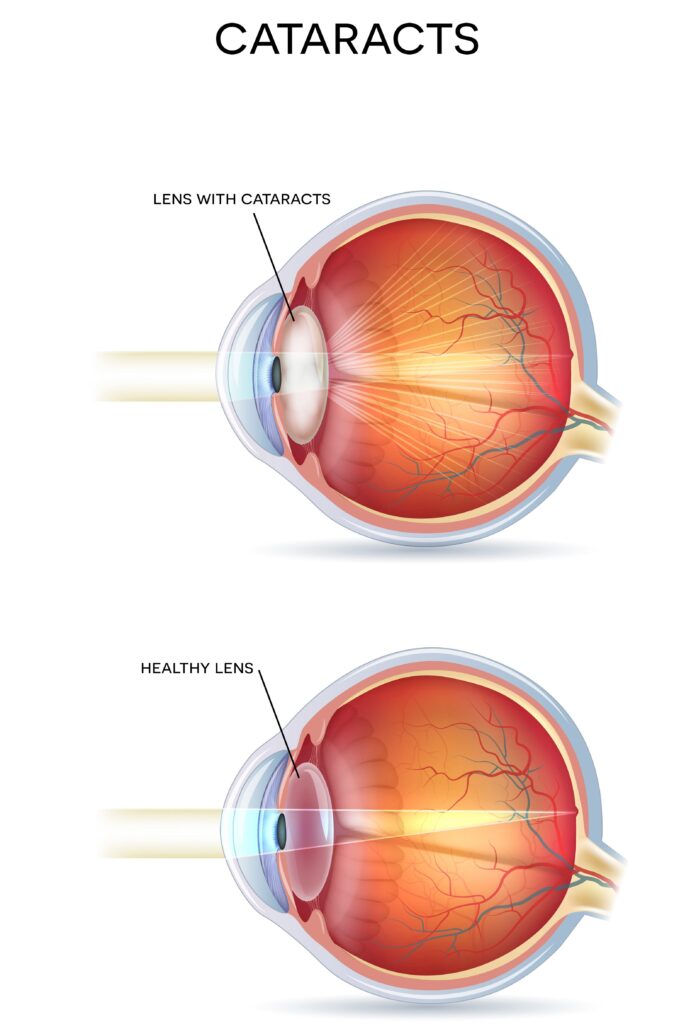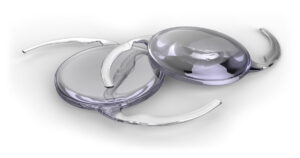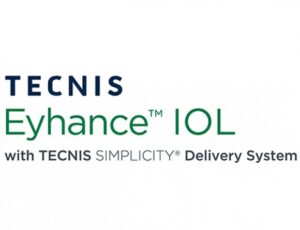Cataracts

Does your vision seem like it’s gradually worsening? Is it harder to see the things around you due to blurry or foggy vision?
These are some of the signs that you may have cataracts. At Azure Eye Center in Fort Worth, our caring and experienced team will help you with cataracts from diagnosis to cataract surgery.
What is a Cataract?

Fort Worth Cataract Surgeon David Truong, MD, of Azure Eye Center, emphasizes the importance of understanding the development and treatment of cataracts. Located in Alliance Fort Worth, Azure Eye Center is renowned for its advanced diagnostic and treatment methods for cataracts. Dr. Truong, a skilled surgeon, utilizes state-of-the-art technology to provide personalized care for each patient.
Cataracts form when the proteins in the eye’s lens clump together, obscuring the passage of light and leading to a decrease in vision clarity. Factors contributing to the formation of cataracts include age, diabetes, smoking, prolonged exposure to ultraviolet light, and certain genetic predispositions. As the cataract develops, it can manifest in various forms such as nuclear cataracts, which affect the center of the lens, cortical cataracts that develop on the edges of the lens, and posterior subcapsular cataracts, which form at the back of the lens.
Treatment for cataracts has evolved significantly over the years, with surgery being the most effective method. The procedure involves the removal of the clouded lens and the implantation of an artificial lens, known as an intraocular lens (IOL). Dr. David Truong at Azure Eye Center in Alliance Fort Worth is highly experienced in performing cataract surgery using minimally invasive techniques that often result in quick recovery times and enhanced vision outcomes.
Azure Eye Center is equipped with cutting-edge facilities that help in the accurate diagnosis of cataracts. The center utilizes comprehensive eye examinations and advanced imaging techniques to determine the type and severity of the cataract. This thorough evaluation is crucial as it guides Dr. Truong’s approach to cataract surgery, ensuring optimal results tailored to each patient’s specific needs.
In conclusion, cataracts are a treatable eye condition that should not be left unaddressed due to the potential for severe vision impairment. Early detection and treatment are key to maintaining good eye health. Fort Worth Cataract Surgeon David Truong, MD, at Azure Eye Center in Alliance Fort Worth, offers expert care in the management and treatment of cataracts, employing the latest surgical techniques and technology to restore vision effectively. Patients seeking quality eye care for cataracts can trust Azure Eye Center for exceptional outcomes.
Signs of Having Cataracts
There are many signs you could have cataracts. You may experience a few of these or all of them. These signs include:
- Blurry or foggy vision that makes it feel like you’re looking at the world around you through a dirty window
- Needing more frequent prescription changes to your glasses or contact lenses
- Noticing colors look muddier, like they are less vibrant, or like they have no contrast between them
- Seeing double in only one eye
- Injuring yourself more due to impaired vision
- Worsening night vision due to halos and glare from oncoming traffic and streetlights
- Experiencing increased light sensitivity
- Requiring increased light to complete fine-focus tasks
- No longer being able to do everyday tasks you used to love
Cataract Symptom Center
Cloudy Or Blurry Vision
Trouble Seeing at Night
Light and Glare Sensitivity
Seeing "Halos" Around Light
Fading or Yellowing of Colors
Double Vision
Many of the signs of cataracts are not exclusive to this age-related eye condition. If you think you may have cataracts, schedule an appointment with your eye doctor at Azure Eye Center to determine their cause.
If it is cataracts, they can help you understand when it is time to have cataract surgery.
When is it Time to Have Cataract Surgery?
Receiving a cataract diagnosis does not always mean it’s time to have cataract surgery immediately. Most cataract surgeons recommend waiting to have the procedure until cataracts make it challenging to complete everyday tasks or things you love.
Do you struggle to see while cooking dinner, putting in laundry, or trying to participate in your favorite hobbies? It may be time to think about having cataract surgery to regain your ability to see clearly.
IOLs Offered at Azure Eye Center
Azure Eye Center offers a highly customized and personalized solution for each patient when choosing an intraocular lens. IOLs are a crucial component of the cataract procedure and something your cataract surgeon will recommend based on your visual goals and lifestyle needs after cataract surgery.
The Clareon monofocal IOL is built on Alcon’s new Clareon platform. It improves upon the characteristics of AcrySof lenses while reducing the incidence rate of glistenings.
The monofocal lens meets physician demands for function and performance while improving optical clarity for patients by using a hydrophobic material that reduces glistenings. The Clareon lens may also contribute to improved visual performance in patients with larger pupils in dim lighting.
Patients need to use glasses to see clearly at intermediate distances and up close with the Clareon monofocal lens.
Do you have astigmatism? Astigmatism is a refractive error that occurs when your cornea is irregularly shaped.
Rather than being round like a basketball, it’s more like that of a football, causing visual distortion and blurry vision. Patients with astigmatism who need cataract surgery are often best suited for a toric IOL.
Toric lenses are IOLs specifically designed to correct astigmatism during cataract surgery. Many popular premium lenses come in toric models, meaning most will address presbyopia.
The Vivity IOL is the first and only non-diffractive extended-depth-of-focus (EDOF) IOL. Vivity uses proprietary non-diffractive X-WAVE technology to deliver patients monofocal-quality distance vision while providing them excellent intermediate and functional near vision.
X-WAVE technology uses two smooth surface transition elements that stretch and shift light without splitting it. Patients may require reading glasses when looking at things up close or reading fine print.
The PanOptix trifocal IOL is the only trifocal lens to receive FDA approval. With the PanOptix lens, you’ll see well up close, far away, and at intermediate distances in exceptional clarity.
The PanOptix trifocal IOL delivers patients a full range of vision using proprietary ENLIGHTEN Optical technology to optimize intermediate vision without compromising the ability to see well up close and far away. Patients can see in crisp, clear clarity while reducing their dependence on glasses after cataract surgery.
The Tecnis Eyhance IOL is a monofocal lens that provides patients with high-quality distance vision while improving low-light image contrast. Improving low-light image contrast can be helpful if you’re driving at night.
You’ll also be able to see clearly when looking at things like performances onstage, traffic lights, and sporting events at a distance. Patients with the Tecnis Eyhance IOL may still need glasses to see things up close.
The Tecnis Symfony IOL is an extended depth-of-focus (EDOF) IOL that addresses presbyopia during cataract surgery. It also allows patients to see with a full range of high-quality continuous vision, reducing their dependence on glasses after cataract surgery.
EDOF IOLs deliver patients clarity across a full range of vision at all distances. You’ll have excellent distance and intermediate vision, with improved near vision.
The Tecnis Symfony IOL provides sharp, continuous vision, but you may still need reading glasses to see fine print.
Learn more about cataracts by scheduling a cataract consultation at Azure Eye Center in Fort Worth, TX, now!
Request A
Consultation
To request a consultation with Azure Eye Center, please click link below.








